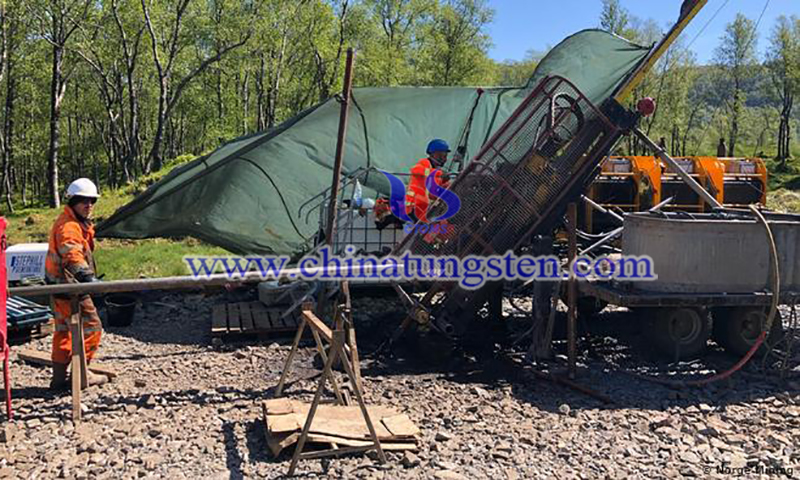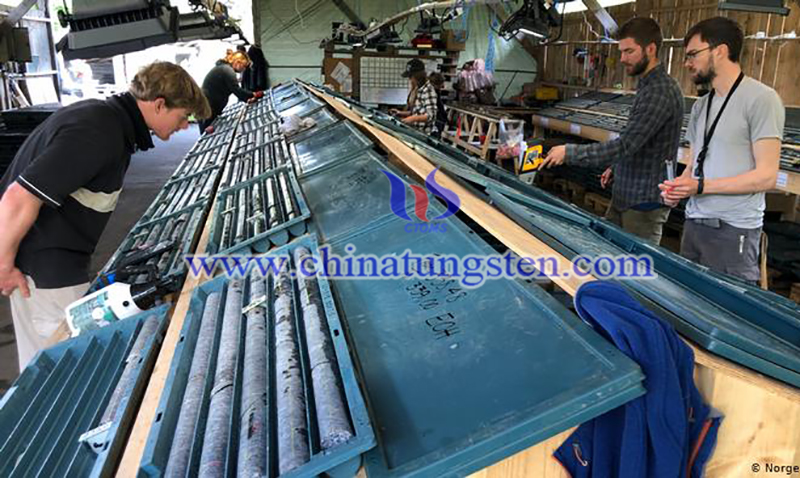Norway Discovers Huge Rare Earth Deposits
- Details
- Category: Tungsten's News
- Published on Saturday, 06 February 2021 23:24
Since the global military and high-tech industries have to rely on rare earth as raw materials for production, China, which holds a large number of rare earth deposits, has a relative advantage in negotiations. Recently, it has been reported that a large rare earth deposit has been discovered in Norway, and the estimated reserves are as high as 80 billion tons. This could make the EU less dependent on China and Russia and boost the bloc's energy transition.
German media reported that Norway had previously discovered a large deposit in the Dalane region in the southwest of the world, which claims to have the most phosphate reserves in the world. The news immediately attracted the attention of the European Union and China.

British consulting firm SRK calculated that the total ore body contains 70-80 billion tons of phosphate-containing material, which would make it the world's largest phosphate deposit, ahead of Morocco's 50 billion and China's 30 billion tons. Added to this is some 3.5 billion tons of ore-containing rock material, which contains 2.45 million tons of vanadium. Norge Mining didn't provide any details on the titanium deposit.
Swiss businessman Michael Wurmser and his partners established Norge Mining in the UK the year before, and drilled in the Dalarne area. Initially, the depth of the mine was expected to be only 300 to 400 meters, but research found that the depth of the mine was at least 2,200 meters. The company hopes to drill to 4,500 meters. In 2012, the Norwegian Geological Survey estimated that the value of the deposit was about 30 billion euros, but at that time the survey bureau thought that the depth of the mine was only 100 meters.

The Norwegian mega deposit has spurred the European Union's interest, all the more since phosphate, vanadium and titanium are on the European Commission's list of critical raw materials. In 2011, the European Commission included 30 raw materials such as rare earth, phosphate, vanadium, and titanium in the list of "critical raw materials".
The EU used to rely heavily on imported supplies and expects that demand will continue to increase in the future, while China may restrict exports, so it is expected to decrease reliance on imports. The European Commission confirmed that it has contacted the Norway government and Norge Mining regards the European Union as a partner.
- Rare Earth Manufacturer & Supplier, Chinatungsten Online: www.chinatungsten.com
- Tungsten News & Prices of China Tungsten Industry Association: www.ctia.com.cn
- Molybdenum News & Price: news.molybdenum.com.cn
- Tel.: 86 592 5129696; Fax: 86 592 5129797; Email: sales@chinatungsten.com



 sales@chinatungsten.com
sales@chinatungsten.com